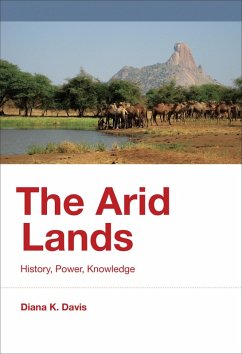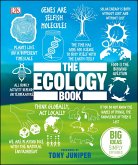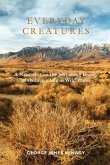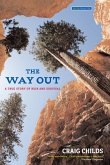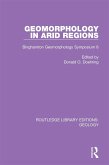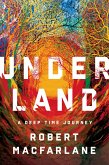An argument that the perception of arid lands as wastelands is politically motivated and that these landscapes are variable, biodiverse ecosystems, whose inhabitants must be empowered.
Deserts are commonly imagined as barren, defiled, worthless places, wastelands in need of development. This understanding has fueled extensive anti-desertification efforts—a multimillion-dollar global campaign driven by perceptions of a looming crisis. In this book, Diana Davis argues that estimates of desertification have been significantly exaggerated and that deserts and drylands—which constitute about 41% of the earth's landmass—are actually resilient and biodiverse environments in which a great many indigenous people have long lived sustainably. Meanwhile, contemporary arid lands development programs and anti-desertification efforts have met with little success. As Davis explains, these environments are not governed by the equilibrium ecological dynamics that apply in most other regions.
Davis shows that our notion of the arid lands as wastelands derives largely from politically motivated Anglo-European colonial assumptions that these regions had been laid waste by "traditional” uses of the land. Unfortunately, such assumptions still frequently inform policy. Drawing on political ecology and environmental history, Davis traces changes in our understanding of deserts, from the benign views of the classical era to Christian associations of the desert with sinful activities to later (neo)colonial assumptions of destruction. She further explains how our thinking about deserts is problematically related to our conceptions of forests and desiccation. Davis concludes that a new understanding of the arid lands as healthy, natural, but variable ecosystems that do not necessarily need improvement or development will facilitate a more sustainable future for the world's magnificent drylands.
Deserts are commonly imagined as barren, defiled, worthless places, wastelands in need of development. This understanding has fueled extensive anti-desertification efforts—a multimillion-dollar global campaign driven by perceptions of a looming crisis. In this book, Diana Davis argues that estimates of desertification have been significantly exaggerated and that deserts and drylands—which constitute about 41% of the earth's landmass—are actually resilient and biodiverse environments in which a great many indigenous people have long lived sustainably. Meanwhile, contemporary arid lands development programs and anti-desertification efforts have met with little success. As Davis explains, these environments are not governed by the equilibrium ecological dynamics that apply in most other regions.
Davis shows that our notion of the arid lands as wastelands derives largely from politically motivated Anglo-European colonial assumptions that these regions had been laid waste by "traditional” uses of the land. Unfortunately, such assumptions still frequently inform policy. Drawing on political ecology and environmental history, Davis traces changes in our understanding of deserts, from the benign views of the classical era to Christian associations of the desert with sinful activities to later (neo)colonial assumptions of destruction. She further explains how our thinking about deserts is problematically related to our conceptions of forests and desiccation. Davis concludes that a new understanding of the arid lands as healthy, natural, but variable ecosystems that do not necessarily need improvement or development will facilitate a more sustainable future for the world's magnificent drylands.
Dieser Download kann aus rechtlichen Gründen nur mit Rechnungsadresse in A, B, BG, CY, CZ, D, DK, EW, E, FIN, F, GR, HR, H, IRL, I, LT, L, LR, M, NL, PL, P, R, S, SLO, SK ausgeliefert werden.

